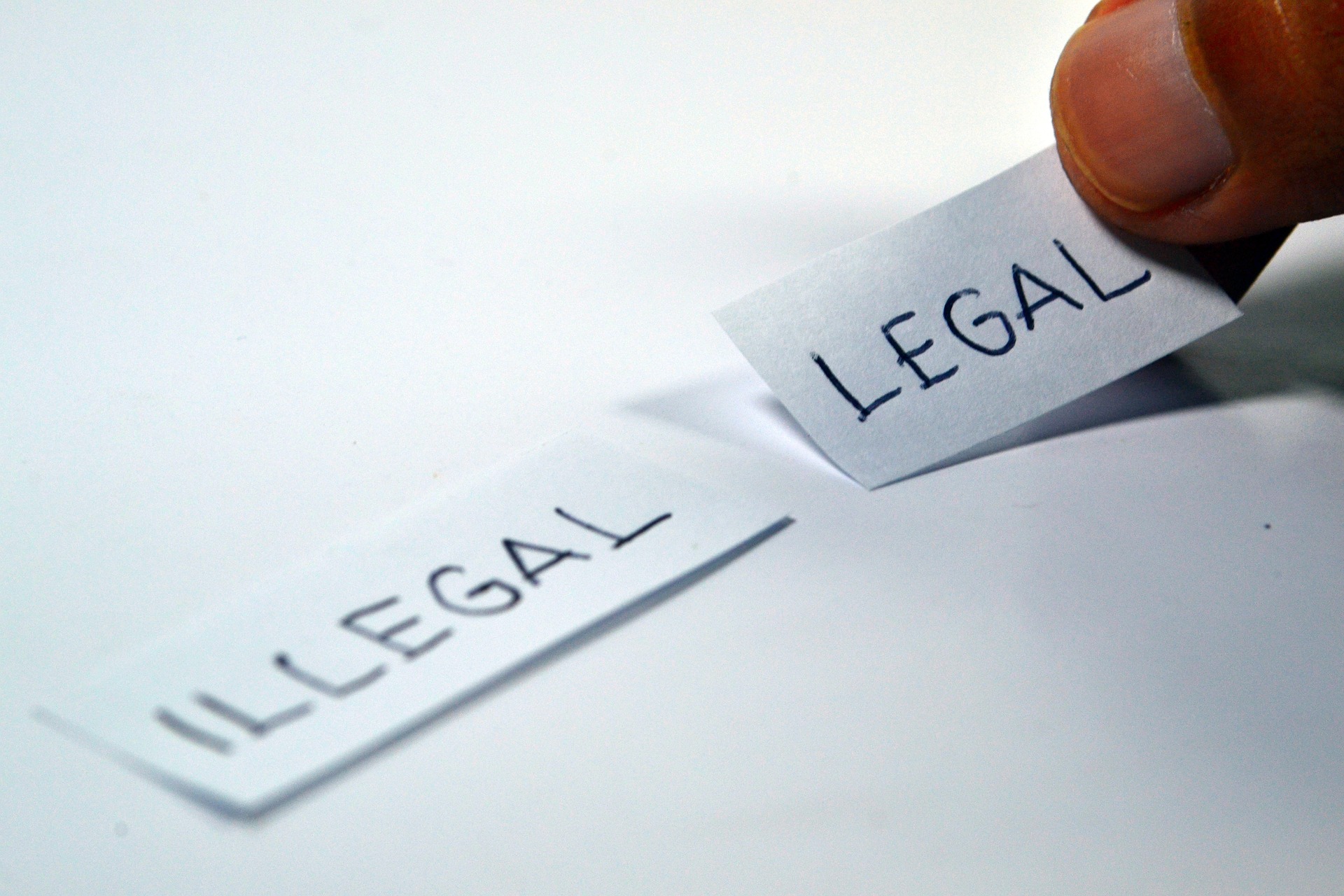Ensuring Access to Justice: Legal Aid Systems Around the World
For many, justice can seem like a distant concept, available only to those who can afford it. But around the world, countries have developed legal aid systems to ensure that access to justice isn't a luxury, but a right. Read below to learn more about these systems.

Legal Aid Systems: An Overview
Legal aid systems provide free or low-cost legal assistance to those who cannot afford it, ensuring that everyone, regardless of their financial situation, has access to justice. These systems vary from country to country, with some providing comprehensive support for all types of legal issues, while others focus on specific areas such as criminal or family law.
The Legal Aid System in the United States
In the United States, the Legal Services Corporation (LSC), a non-profit organization established by Congress, is the largest funder of civil legal aid for low-income individuals. Despite its reach, funding limitations and eligibility restrictions mean that many who need assistance are left without.
Legal Aid in the United Kingdom
In the United Kingdom, legal aid is administered by the Legal Aid Agency and is available for both criminal and civil cases. However, in recent years, cuts to the legal aid budget have resulted in fewer people being able to access these services.
South Africa’s Legal Aid Board
South Africa has a unique system wherein the Legal Aid Board provides legal representation to the indigent. The country’s constitution guarantees the right to legal representation, and this system helps ensure that right is realized.
Legal Aid in India
India’s legal aid system is governed by the Legal Services Authorities Act, which mandates free legal services for certain groups, including women, children, and the poor. Despite this, access to justice remains a significant issue due to a lack of awareness and resources.
Useful Tips and Facts: - Legal aid can range from advice over the phone to full representation in court. - Legal aid systems are often underfunded, leaving many without access to legal services. - Some countries prioritize certain types of cases, such as criminal or family law, for legal aid.
Conclusion:
While the systems vary, the aim of legal aid remains the same: to ensure access to justice for all, regardless of one’s ability to pay. As these systems continue to evolve, it is crucial to address the challenges they face, including funding limitations and awareness issues, to truly make justice accessible to everyone.




